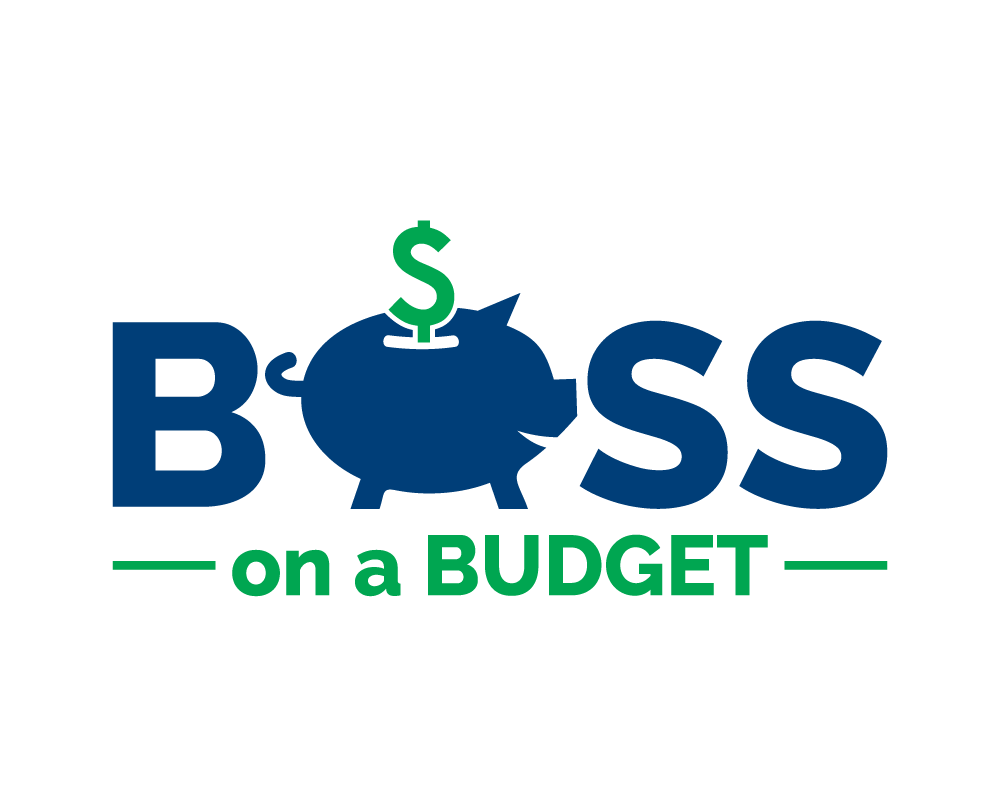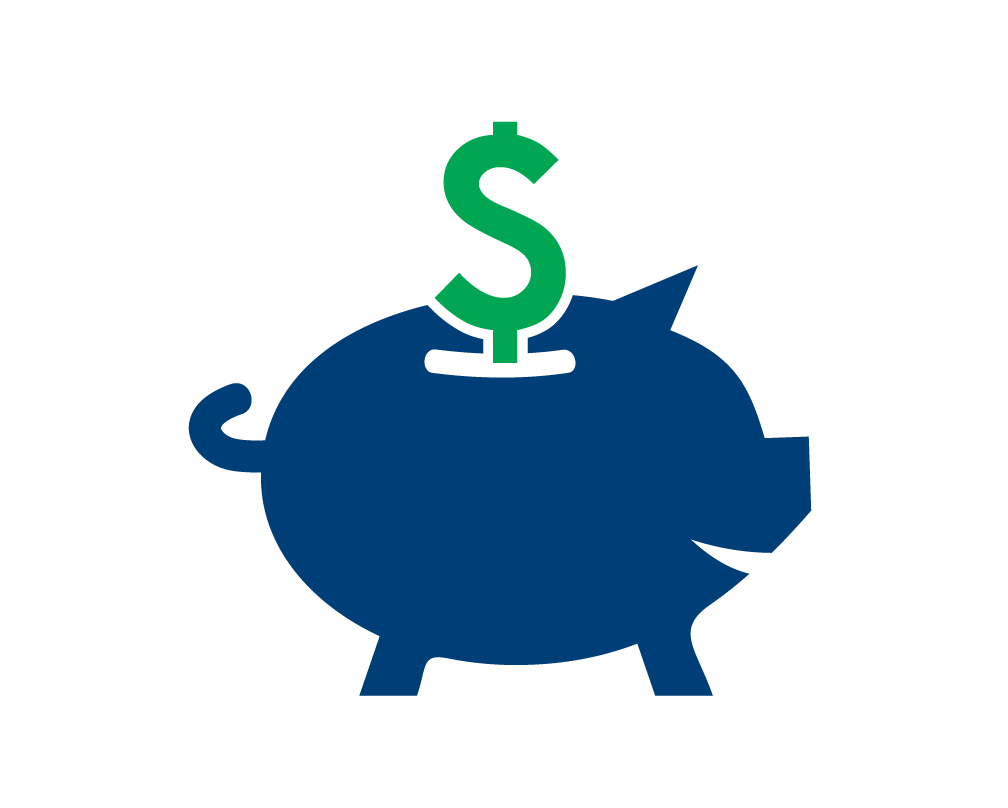The One Factor that Determines Your Grant Writing Success
Can you guess the #1 question I hear when talking to people who have just started their own nonprofits? In one form or another it’s a question about how to secure a grant for the new organization. Now, can you guess the #1 thing you should NOT do right after your start your nonprofit? Hopefully you guessed it: going after a grant. Please do not jump head first into grant writing in your first year. I’m sorry to say it, but it’ll be a waste of time.
It’s a completely logical thought. You’ve lined all your ducks in a row, and funders should sense your need and start throwing stacks of money at you. It would be my dream in a perfect world, too. But let me bring you down to reality, quickly. When you start seeking out funding, it is NOT all about your organization. Let me repeat that: a funder’s #1 priority is not your budget. As a nonprofit, you’ll find yourself always in a position of need, so naturally your perspective is what others can do to support your organization. But you have to remember that in every relationship - whether it be with your clients, your donors, and yes, even your funders - it is transactional. Your relationships will never be one-sided. You have to think of how the relationship will benefit both parties. I don’t mean that you have to give up something just to receive funding. It just means that you have to understand that funders have their own priorities, are accountable to their own staff and leadership, and have their own ideas of how they want to change the world. Giving you money is an extension of their own ideas and strategies. The idea of giving you money doesn’t begin when they read your grant proposal. Rather, they’ve already started down a path and may consider your need if it’s in the same direction.
Think of your funder as an RV on a cross-country road trip. They have a set destination, and will pass over many roads and through many towns to get there. If you happen to be on one of the roads or somehow your interests intersect, it is much more likely that you’ll get their attention.
So what is the magic bullet to switch from being unknown to BFFs with a funder? The number one thing you can do to increase your grant writing success is wrapped up in one word: relationship.
Treat your potential funder as your new love interest. Think about ways you want to show them that you’re interested. Find out where they hang out, who they like (and don’t like), what gets them excited, and what makes them tick. Do your research so you know the best way to approach them. Doing your detective early on will position you in the right places so that you’re prepared when it’s time to make your first approach or initiate that first contact.
You may not understand just how vital it is to make these connections before you start writing your grants. I could see how you think writing grants is a much better use of your time. However, considering the amount of effort it takes to get ONE grant proposal completed, you may consider why it’s so important to build relationships FIRST.
If There’s No Connection, There’s No Trust
It’s so easy to forget that funders have to be held accountable for the money they invest. If it were your money, then you’d completely understand and could relate to the angst of giving money away to someone you don’t know, who doesn’t have a connection to the work you’re interested in, or no connections to your organization. If a funder has never heard of you, or even worse, cannot find any information about you, you’re not likely to be funded. If instead, staff are aware of your program, have heard about your impact, or have engaged your organization some other way, your visibility will increase your chances. Concentrate on doing great work and creating opportunities for your organizations to interact with your potential funders. Make sure your board, staff, or other stakeholders have opportunities to engage with the funder so they have a chance to speak on behalf of your organization.
It Helps Find Your Match
Funders are not shy about telling you what they’re looking for. I love using the dating analogy when it comes to funders because it’s so relevant. Think of their websites as a match.com profile. They will detail everything they’re looking for and even what they are not. You should only proceed if you think you’re a good match. When they don’t have a website, taking a peek at their annual 990 tax form can you give you insight into what they’re into. Taking the time to research their priorities, get to know their staff, and to be genuinely interested in them, gives you a much better sense if a relationship will actually work.
Be In It for the Long Run
When you’re first starting out, it’s hard to be convinced that working on a relationship that may not result in funding, is worth it. However, the earlier you get this concept, the better. Your end goal should not be money-it should be partnership. Funders have resources that can serve you just as much as a grant. Again, equate this to normal relationships. When you upgrade your friends, your networks expand. Having a funder as a friend exposes you to opportunities that did not exist before. Perhaps through your relationship you’ll learn about other nonprofits for which you can collaborate with. Or, maybe that funder isn’t interested in your project, but knows a foundation that is, and introduces you to those people. The possibilities can be endless, if you shift your thinking.
For any relationship to thrive, it takes time and sincerity. People can sense your motives, and funders are no different. If your only goal is to “take the money and run”, then you will get that response. However, if you want to be a game changer, you will stray from the status quo. You will note the trends, and understand that funders are looking to partner and engage more with their grantees. Knowing that, you will seek meaningful relationships that will stick. Investing the time now will benefit you in the end if you stay with it.
Beyond your relationship with a funder, there are certain factors you should consider before pursuing a grant. Use our free decision-making checklist for the criteria you should examine before applying for a grant.




